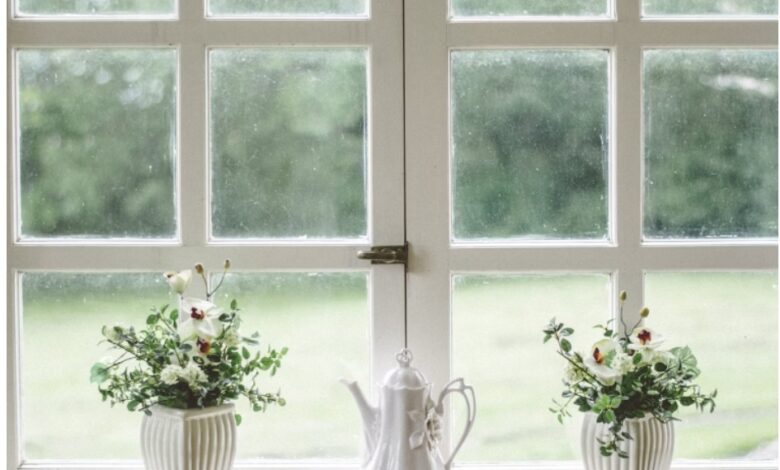4 Tips to Ensure the Longevity of Home Windows

Home windows are not only essential for letting in natural light and providing ventilation but also for enhancing the aesthetic appeal and energy efficiency of your home. However, windows are subjected to various environmental factors and wear over time.
All of this can lead to deterioration if not properly maintained. Ensuring the longevity of your home windows is crucial for preserving their functionality, beauty, and structural integrity. If you want to protect your home windows and make them stay in good condition for a long time, we have curated this blog for you.
Regular Cleaning and Maintenance
One of the simplest yet most effective ways to ensure the longevity of your home windows is through regular cleaning and maintenance. Over time, windows accumulate dirt, dust, pollen, and other debris, which can not only detract from their appearance but also lead to damage if left unaddressed.
Develop a routine cleaning schedule to remove dirt and grime from both the interior and exterior surfaces of your windows. Use a mild detergent or window cleaner and a soft cloth or sponge to gently scrub the glass, frames, and sills. This will save you from window replacement every now and then.
Inspect and Seal Gaps
Another crucial aspect of window maintenance is to regularly inspect for and seal any gaps, cracks, or leaks around the window frames and seals. Over time, weather stripping can deteriorate due to exposure to sunlight, temperature fluctuations, and moisture.
All these things can lead to air leaks, drafts, and energy loss. Inspect the perimeter of your windows for any gaps or cracks, particularly along the edges where the frame meets the wall. You can then use a silicone-based caulk to fill in any gaps and weather stripping to seal gaps around movable parts.
Protect Against Moisture
Moisture and humidity are among the primary culprits of window damage. They can cause wood rot, mold growth, and corrosion of metal components. To ensure the longevity of your home windows, it’s very important to protect them against moisture and humidity.
Install proper ventilation in areas prone to high humidity, such as bathrooms, kitchens, and basements, to reduce condensation and moisture buildup. Additionally, use dehumidifiers and air conditioners to maintain optimal indoor humidity levels.
Trim Vegetation and Protect Against Debris
Excessive vegetation and debris near your home windows can pose a threat to their longevity by promoting mold growth, obstructing airflow, and causing physical damage. To protect your windows, regularly trim trees, shrubs, and vines that may come into contact with or shade your windows.
This not only reduces the risk of moisture accumulation and mold growth but also prevents branches and leaves from scratching or damaging the window surfaces. Additionally, consider installing gutter guards to prevent leaves, twigs, and other debris from clogging gutters and downspouts, which can lead to water overflow and damage to the windows and surrounding structures.
By following these tips, you can rest assured that your home windows remain in best shape and do not wear before time.



